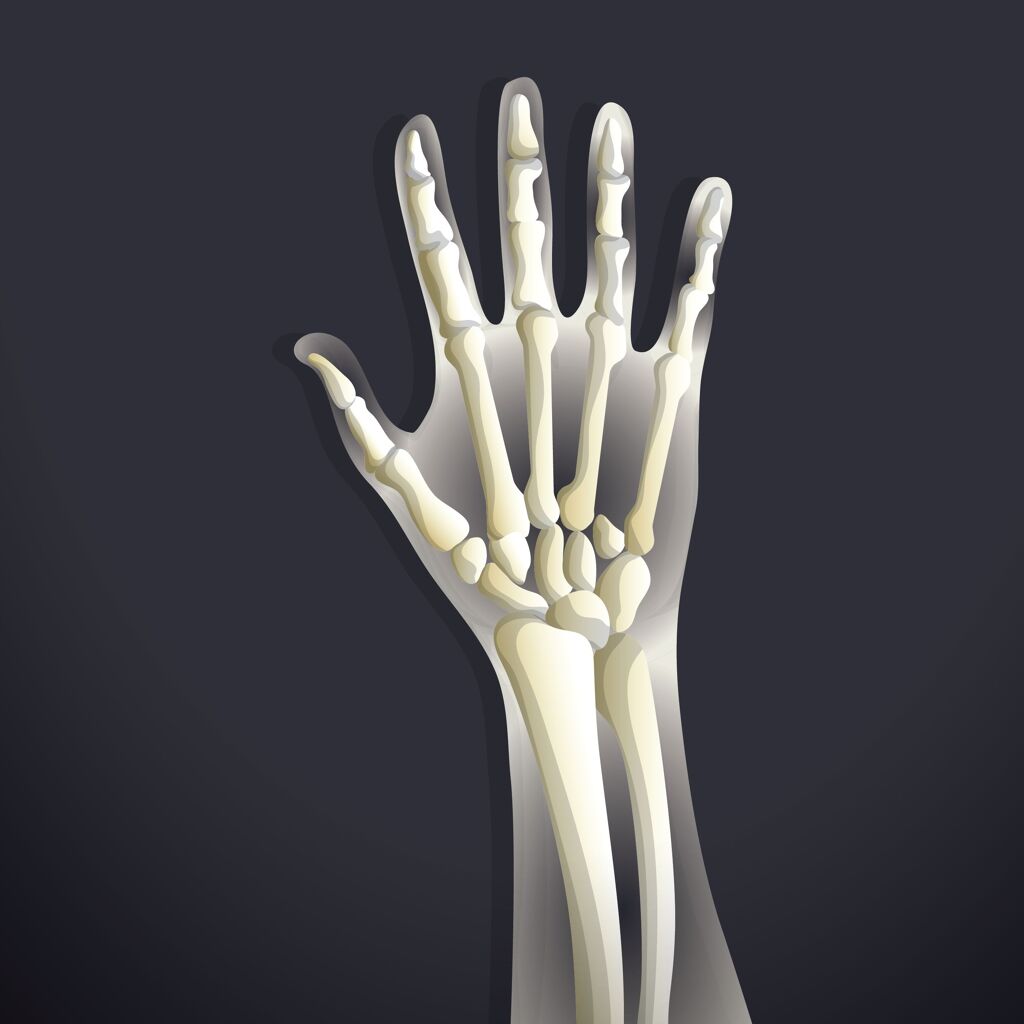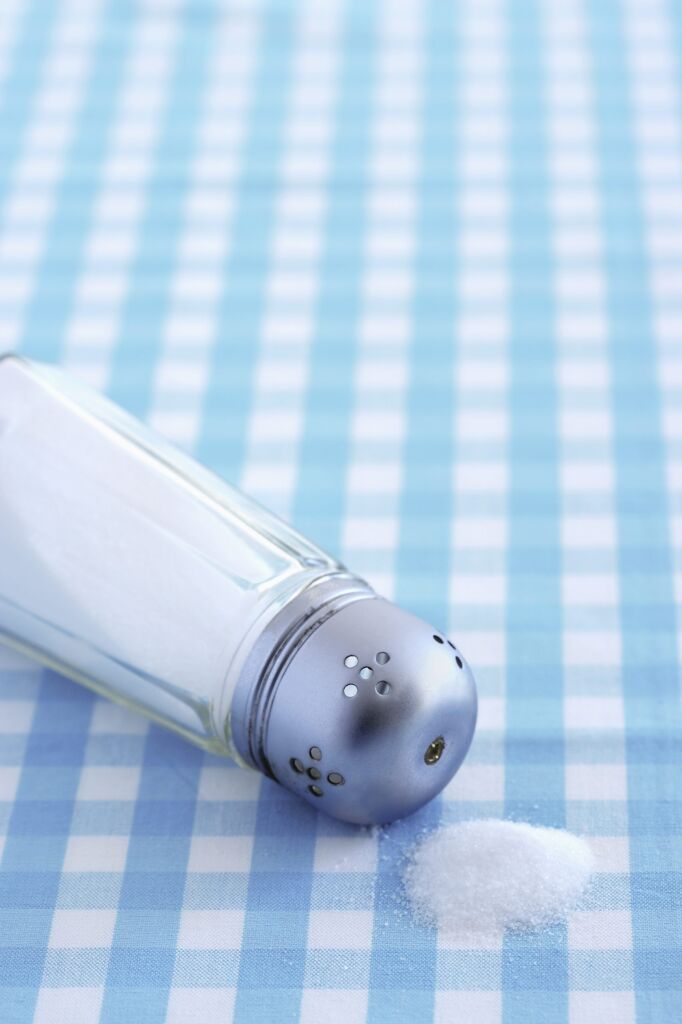Treating Infections & Toxins – Mental Health Imbalances

In this blog, we will look at how to treat the microbes that can contribute to, or even cause, mental health issues:
- You will learn what treatments are available for Lyme, co-infections, mold and viruses.
- You will learn the healthiest diet and lifestyle habits to incorporate for treatment of these microbes.
- For a quick summary, you can go directly to The re-cap section at the end of this blog.
- To learn about the microbes that damage mental health, how they lead to mental illness and how to test for these microbes, follow our blogs Infections & Mental Health, Brain Inflammation and Testing for Infections.
General Treatment for Lyme, Co-infections, Mold and Viral Infections
This blog is general and not specific to any individual. Part of the brilliance of a skilled FM professional is to customize an individual treatment plan. To improve your mental health, find a FM practitioner. Learn more about the Medicine with Heart clinic here.
With chronic infection, it is important to strengthen the body and the immune system to improve the terrain, i.e., the strength and resilience of the body. Inflammation is common in mental illness. Identifying the sources of chronic and systemic inflammation to reduce the inflammatory load is important. To do this, we identify, target and resolve the specific pathogens that can chronically trigger brain inflammation.
Treatment For Lyme Disease
Lyme Disease is complicated to treat. We do not recommend doing this alone – find a skilled doctor to help you. We summarize the best approach in this article. A full treatment protocol for Lyme Disease is complex and must be tailored to the individual patient.
The Borrelia bacteria that causes Lyme will never be fully eradicated from the body. In this sense, it is like a virus. It can be active or inactive in the body. It can lie dormant or inactive and later become reactivated again to cause symptoms post-treatment. Stress is a strong trigger for reactivating the bacteria.
Borrelia can form into persister cells. These cells lie dormant and resist antibiotic/ antimicrobial treatments. Lyme persister cells can survive antibiotics in a petri dish and then regrow a few weeks later.
One herb has been found to eradicate Lyme in its mobile, stationary and persister cell forms. It is a rare African herb called cryptolepis. Dr Miles has designed a herbal formula called “Resolve the Hidden”. It contains cryptolepis in a synergistic blend with other herbs and is available from Golden Flower Herbs and the Medicine with Heart Clinic. It is a practitioner-only line so ask your provider for this formula to treat your Lyme Disease.
It is important with Lyme treatment to get the dose high enough and to pulse a combination of antimicrobials/ antibiotics. Any other approach often fails.
Brain Retraining
Brain retraining practices are cognitive and/or somatic therapies that regulate the limbic system and the trauma/ fear response. Struggling with chronic or mental illness is hard. Other, healthier, people seem to have an easier time, making life feel unfair and difficult. In addition to the chronic disease symptoms, patients may feel frustration and despair. Brain retraining practices desensitize the negative emotional response to life’s challenges. It cultivates a different way of relating to stress. Through self-awareness, cognitive reframing, somatic body-based awareness practices and applied gratitude, we can shift to a more loving way of looking at life and one’s experience.
Reduce Toxin Exposure
One of the best ways to detoxify is to reduce exposure to toxins. This frees up the body’s detoxification processes, leading to reduced inflammation, higher energy and mental clarity. Start by minimizing exposure to toxins like chemicals, pesticides in food, excessive alcohol, cigarettes, cleaning products and cosmetics. Use the Environmental Working Group (EWG) site to learn to read labels and identify toxic ingredients.
- Mold toxins (mycotoxins) are more common than people think, even if you don’t see mold. Check for signs of water damage; discoloration or peeling under sinks, in bathrooms, in attic or crawl spaces, in basements, in the furnace room, and around appliances that have water running to them like refrigerators and dishwashers. Mold can grow in as little as 24-48 hours. If you have had past water damage, check if all water damaged porous materials (dry wall, unfinished wood, insulation, carpeting, etc.) were actually removed and replaced. Drying out a porous material does not kill mold once it has started to grow. Mold remains dormant on any dried-out material that had mold growing on it. If there is renewed humidity, it can puff off spores again. We breathe in these spores that have mycotoxins attached. The mold toxins are small enough to get through the lung barrier and into the bloodstream. For the 1 in 4 people who cannot detoxify mold toxins, the toxins may bioaccumulate in tissue. It can be in brain tissue, causing neuroinflammation and neurological symptoms.
- In the Home: Inspect your home by checking for the main signs of mold; moisture, leaks and water damage. Promptly remove and replace water damaged porous materials if there is water damage or leaks. If you suspect water damage, take a dust sample and get a HERTSMI-2 or ERMI test. These test for high levels of the most toxic kinds of mold. If found, you will need to remediate or move house. This can be challenging. Find a good healthcare provider if you think you have been exposed to mold. Get an indoor air professional to help.
- Air filters reduce toxins in the air. They do not substitute fixing water damage or mold, but can reduce allergens, pollutants and particulates in the air. Get an air purifier rated for your square feet and place a few throughout the house. Use air purification systems that have HEPA filters.
- Tap water, in the US and abroad, contains microplastic fibers. It is estimated that we ingest, on average, 0.1-5g per week in microplastics. A credit card weighs 5g. Water bottled in plastic has microplastics. Other drinks (coffee, tea, alcohol and bottled drinks) made from water can have microplastics depending on the water source. Use a water filter. Home filters, such as the Berkey or Reverse Osmosis systems, help minimize microplastic consumption. Get a stainless-steel water bottle to bring filtered water with you when you go out. Use the travel Berkey filter for travel. Don’t drink water bottled in plastic.
Improve Gut Health
The gut truly is the foundation of our health. Did you know that 70-80% of immune cells reside in the gut?
The gut is linked to the brain through the ‘gut brain axis’. Gut health is important for brain health and can impact anxiety, depression, autism, ADHD and other mental health issues.
Examples of how the gut can impact brain health are:
- Intestinal permeability, or leaky gut, can allow bacteria from the gut to get into the bloodstream. Gram negative bacteria has lipopolysaccharide (LPS) in cell walls and is an endotoxin. Increased endotoxins in the blood, due to leaky gut, cause neuroinflammation and raise systemic inflammatory proteins.
- The vagus nerve connects the gut and the brain. The vagus nerve innervates the gut and other organs, but 80-90% of the fibers of the vagus nerve link to the gut. It sends signals from the gut to the brain. Signals from the gut to the brain outweigh signals from the brain to the gut. Changes in gut bacteria show changes in neurochemicals, like GABA and improve stress resilience. Taking probiotics can change gut bacteria.
- Gut bacteria produce peptidoglycans, a peptide compound important for brain development during childhood. The brain can sense peptidoglycans, which reduce inflammation and increase anti-inflammatory markers. A probiotic strain high in peptidoglycans, called bifidobacter longum 1714, shows, in clinical trials, reduced stress, cortisol output and mental fatigue and increased vitality when dealing with social stress (Wang H, 2019).
Many lab tests look at gut dysfunction and the root causes. Two key ones are a Small Intestinal Bacterial Overgrowth (SIBO) 3-hour lactulose breath test and a comprehensive stool analysis. These tests identify overgrown bacteria and pathogens that can cause intestinal permeability, increase endotoxins and incite neuroinflammation.
We can test for LPS antibodies in the blood to see if leaky gut is causing bacteria to get into the bloodstream. Testing for food sensitivities and allergies, blood antibodies against parietal cells in the stomach and gastrin levels can all identify gut issues.
If we test, we don’t have to guess. We can diagnose and target treatments to address root causes and restore healthy gut function. Once dysbiosis, overgrowth and pathogens are resolved, we then use polyphenolic compounds, bioflavonoids, probiotics, prebiotics and omega fatty acids to support healthy gut and immune function.
Rebalance Hormones
Hormone imbalances can contribute to mood imbalances. For example, progesterone levels at the end of the menstrual cycle can significantly impact mood for a menstruating woman. If progesterone is out of balance with estrogen, or dropping too early, significant mood changes can occur at the end of the cycle. The progesterone and estrogen ratio can affect the brain, causing headaches, problems with empathy, libido, ability to concentrate and more. Testosterone impacts energy levels and sex drive, which affect overall mood. Thyroid hormone relates to metabolic function, weight, gut motility and cognitive function. High dose thyroid hormone can help with severe depression.
Testing for and addressing hormone imbalance is important for mental health. In some cases, bioidentical hormone replacement can make a world of difference. In other cases, working on root causes for hormone imbalances can naturally regulate hormones without the need for replacement. Resolving infections, toxins and gut issues can lead to better hormone balance.
To Read About Blog Topic, Scroll Down
Want To Work With Our Clinic?
Do you have a chronic or mystery illness that no one has been able to help you with? Are you simply wanting to re-connect with a healthier version of yourself? It’s Time To Finally Feel Better!
New Therapies For Treating Infections
Get functional lab testing and treat infections, toxins, gut microbes and hormones. Add breathwork, meditation, brain retraining and exercise. Work to improve sleep, reduce inflammatory foods and cultivate resilience in the face of stress.
If mental and/or physical conditions become chronic, we may need to do more. You may have implemented all of the above and still feel stuck or unwell. Then contact us. Dr Miles specializes in working with difficult conditions. He has additional interventions to help difficult cases. Dr Miles often finds missed infections and toxins that have not been fully addressed or that the repair process to build back the brain and hormone systems was not done sufficiently. We focus on the basics first. After these protocols have been done, it may be time to try some novel therapies.
Novel treatment therapies are available. Light therapy or photobiomodulation can help with depression and autoimmunity by reducing neuroinflammation (dos Santos Cardoso F, 2022) We can use phage therapy, peptides, magnetic therapy, PEMF devices, rife machines (frequency), sauna, plasmapheresis, and many others.
Phage therapy uses viruses to treat bacterial infections (Lin DM, 2017). It is not widely used nor well-known, because there is not much research on phage therapy. It is a potential alternative to antibiotics in bacterial infections and can be a solution for increasingly antibiotic-resistant bacteria.
Peptide therapy can help immune balance, neurological repair, and more. At the Medicine with Heart clinic, peptides are often part of the care plan at some point. They can produce strong signals for repairing the significant damage that has been done by infections and toxins.
These are just some of new treatment therapies available. Many doctors do not continue their education so are unable to benefit from new approaches. At the Medicine with Heart clinic, we closely follow new medical research and use new therapies to help patients wherever possible. Follow some of the research in our blog to learn more.
Mental illness and complex chronic disease have similar roots in inflammation, immune system dysfunction and nervous system dysregulation. The symptoms can manifest as depression, anxiety, chronic fatigue, pain, fibromyalgia, cognitive decline, brain fog or something else. Symptoms give clues as to why inflammation, immune, and nervous system issues have arisen. We look for root causes based on symptoms, a thorough case history, and targeted lab test based on individual physiology and symptom cluster. Lab testing identifies the root causes. Once we know the root causes, a treatment plan can be developed to focus on fixing the root causes. We work to resolve the infection(s), improve gut function, reduce exposure to toxins and improve detoxification. After resolving these issues, the natural repair process of the body kicks in. We accelerate this repair phase with additional nutraceuticals and peptides. When the repair phase is complete, we design a sustainable maintenance plan. The end goal is optimizing health, longevity and anti-aging.
There is Hope
Many factors contribute to and influence mental illness. Trauma, abuse, stress, genetics, psychosocial factors, and gut health are just a few. Infections and toxins are significant for immunity and inflammation, and are often missed and under-appreciated in mental health care.
A misdiagnosed or untreated infection can become problematic and develop into a debilitating syndrome. If you have chronic and mysterious symptoms, there is hope. Get in touch with a Functional Medicine clinic like Medicine with Heart. We diagnose and treat complicated, difficult-to-diagnose conditions like Lyme, mold, chronic infection, stubborn digestive problems, thyroid issues, and autoimmune conditions.
*********
The Re-Cap
- Treatment for Lyme, co-infections, mold and viruses can be a challenge. See an FM doctor with experience in addressing these types of infections & microbes for an individualized treatment plan.
- Treatment for Lyme & co-infections: Use antibiotics, antimicrobials & herbs in combination, pulsed, at a sufficient dose. Strengthen the immune response.
- Treatment for mold: Reduce exposure to mold (remediate or move out of the home), bind & detoxify mold toxins from the body. Replenish nutrients and treat for MARCoNS & biofilms.
- Treatment for viruses: Use immune boosting vitamins, minerals & herbs. Strengthen the immune response and track progress via the blood marker neopterin.
- To enhance any treatment plan and strengthen the terrain of the body: Improve gut function, nutrient deficiencies, methylation, mitochondrial function, toxic burden, stress levels and immune system strength.
- Natural diet & lifestyle habits for successful treatment: Focus on diet, sleep, exercise, being in nature, breathing exercises, meditation, brain retraining exercises, reducing exposure to toxins, improving gut health and rebalancing hormones.
- New treatment therapies to fight chronic disease come out frequently. Work with a doctor who keeps up to date with new therapies.
In our clinic, we dig deep to identify the root causes of chronic and mental illnesses. We regularly diagnose and treat hard-to-diagnose conditions like mold illness, chronic Lyme Disease, Lyme co-infections, viruses and others. We see vast improvements in our patients’ mental and overall health. In addition, we are Lyme-literate doctors. We address the root causes of illness to improve patient health, with both natural and pharmaceutical approaches, depending on the individual case.
** Please stay tuned for our next Blog! **










